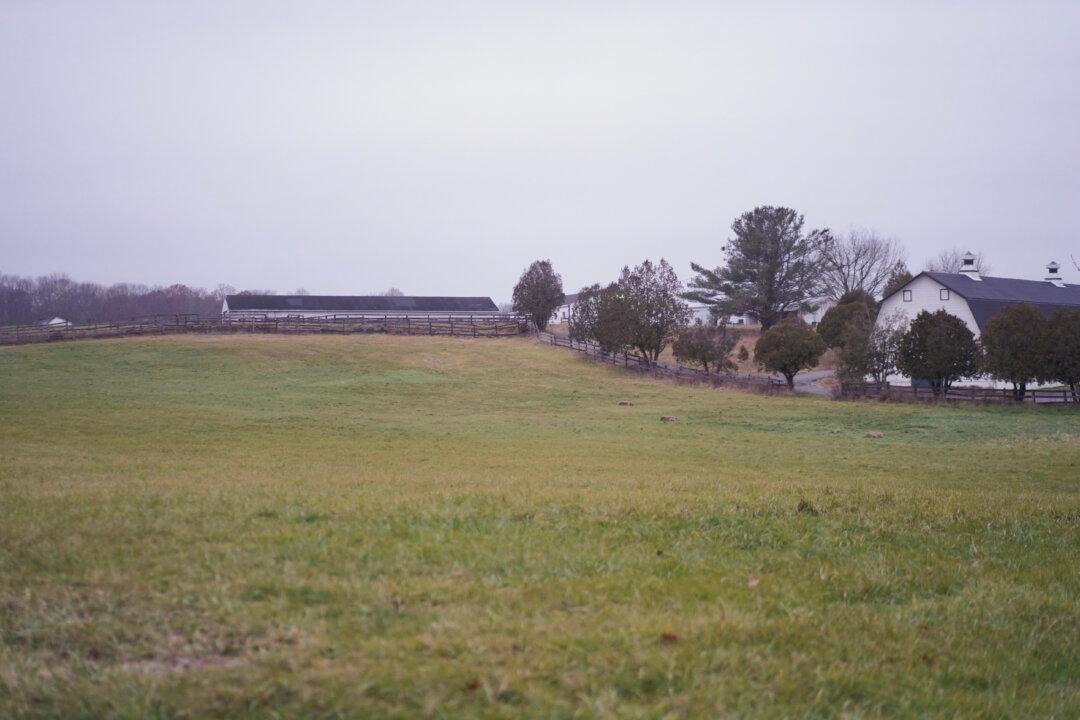The Town of Mount Hope, New York, moved to shelve a proposed warehouse zoning change at a town board meeting on Nov. 20 in the face of strong public reaction.
The proposed change would increase the maximum warehouse size allowed in the B-1 district fivefold, to 250,000 square feet from 50,000 square feet.





